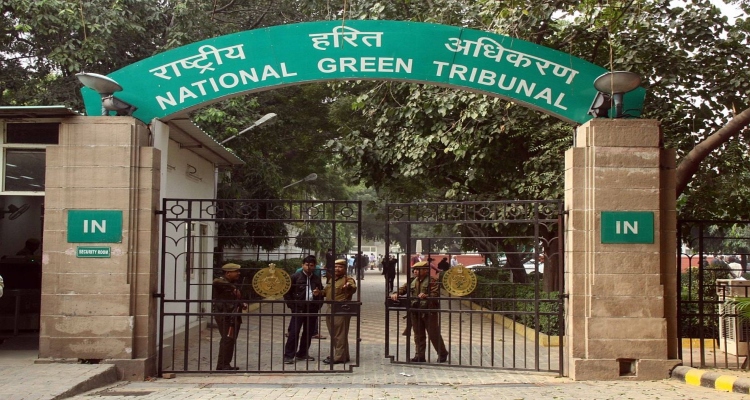
The National Green Tribunal sought a response from the Central Government on a plea raising concerns about the harmful effects of “artificial light at night” on plants, animals, and humans.
The petition claims that artificial lighting disrupts natural biological processes, impacting human circadian rhythms, nocturnal wildlife behavior, plant growth, and migratory species.
In its December 23 order, a bench led by NGT Chairperson Justice Prakash Shrivastava and expert member A Senthil Vel acknowledged the petition, which is backed by various studies, research, and published articles.
The petitioner’s counsel highlighted the need for urgent attention to light pollution, citing previous actions by the tribunal. In July 2023, the Bhopal zonal bench emphasized the importance of a detailed study on light pollution. Additionally, in 2024, the western zonal bench took suo motu cognizance of a media report linking the death of flamingos near DPS Lake in Navi Mumbai to impaired vision caused by excessive artificial lighting.
The NGT stated, “Issue notice to the respondents,” instructing the Union Ministries of Environment, Forest and Climate Change, Science and Technology, and the Central Pollution Control Board (CPCB) to respond to the plea.
The respondents have been directed to submit their replies in the form of affidavits at least one week before the next hearing, which is scheduled for April 17, 2025.
This case brings attention to the growing concern of light pollution and its far-reaching impact on ecological systems and human health. The tribunal’s decision to examine the matter reflects its commitment to addressing environmental challenges that affect the balance of life on Earth.




